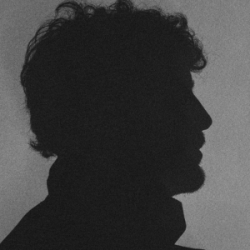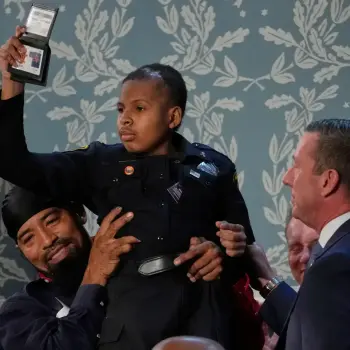Now Featured in the Patheos Book Club
How the West Really Lost God
A New Theory of Secularization
By Mary Eberstadt
Book Excerpt: From the Introduction
Most books have their origin in some kind of enduring mental distraction that has grown so large and ungainly in the author's mind that only hammering it out at book length will fully exorcise the thing. This volume is no exception. The particular puzzle that started this effort happens to be—at least to some people—one of the most interesting questions in all the modern world. It is this: How and why has Christianity really come to decline in important parts of the West?
What happened? Why was belief in the Christian God and his churchly doings apparently taken for granted by most Europeans, say, six hundred years ago—whereas today merely alluding to the possibility of the existence of that same God is now guaranteed to provoke uneasy dissent in some sophisticated quarters and savage ridicule in others? How much did the Enlightenment and rationalism and scientific thinking have to do with this enormous transformation—this sea change from a civilization that widely fears God, to one that now often jeers him? How much did various historical influences figure into this reshaping of our shared civilization—factors like technology, the world wars, politics, church scandals, the changing social status of women, and more?
These and other large questions will be considered in the pages ahead—including, at the outset, the radical question raised by some scholars, which is whether Western Christianity has even declined in the first place.
It is the contention of this book that just about everyone working on this great puzzle has come up with some piece of the truth—and yet that one particular piece needed to hold the others together still has gone missing. Urbanization, industrialization, belief and disbelief, technology, shrinking population: yes, yes, and yes to all those factors statistically and otherwise correlated with secularization. Yet, even taking them all into account, the picture remains incomplete, as chapter 2 goes to show. It is as if the modern mind has lined up all the different pieces on the collective table, only to press them together in a way that looks whole from a distance but still leaves something critical out.
This book is an attempt to supply that missing piece. It moves the human family from the periphery to the center of this debate over how and why Christianity exercises less influence over Western minds and hearts today than it did in the past. Its purpose is to offer an alternative account of what Nietzsche's madman really saw in what he called the "tombs" (read, the churches and cathedrals) of Europe.
Its argument, in brief, is that the Western record suggests that family decline is not merely a consequence of religious decline, as conventional thinking has understood that relationship. It also is plausible—and, I will argue, appears to be true—that family decline in turn helps to power religious decline. And if this way of augmenting the conventional explanation for the collapse of Christian faith in Europe is correct, then certain things, including some radical things, follow from it, as we shall see.
The pages ahead amount to an argument in three parts. The first section gives an overview of the present intellectual scene, including the conventional explanations for secularization and the various problems with those explanations as they stand (chapters 1 and 2). In other words, those chapters amount to a brief about why our current understanding of secularization is insufficient. The second part of the book puts forth evidence for an alternative theory of what has happened (chapters 3 through 7). It argues that (a) the alternative theory is consistent with the historical fact that family decline and Christian decline have gone hand in hand; and (b) that the alternative theory has the added attraction of "solving" certain problems that the existing theories cannot solve. Chapter 7 concerns broad matters of religious anthropology. It asks—and attempts to answer—why this theory works: i.e., just what the mechanisms might be that make family and faith so intricately bound together.
The concluding chapters change gears once more and take on the practical question of why anyone should care about the exact mechanism of secularization in the first place—including speculation about what this new theory might suggest about the future of both Western Christianity and the Western family. The conclusion makes the case that contrary to what many seem to think, everyone has a dog of one kind or another in the fight over secularization—ardent secularists and pious churchgoers alike.
6/16/2014 4:00:00 AM




